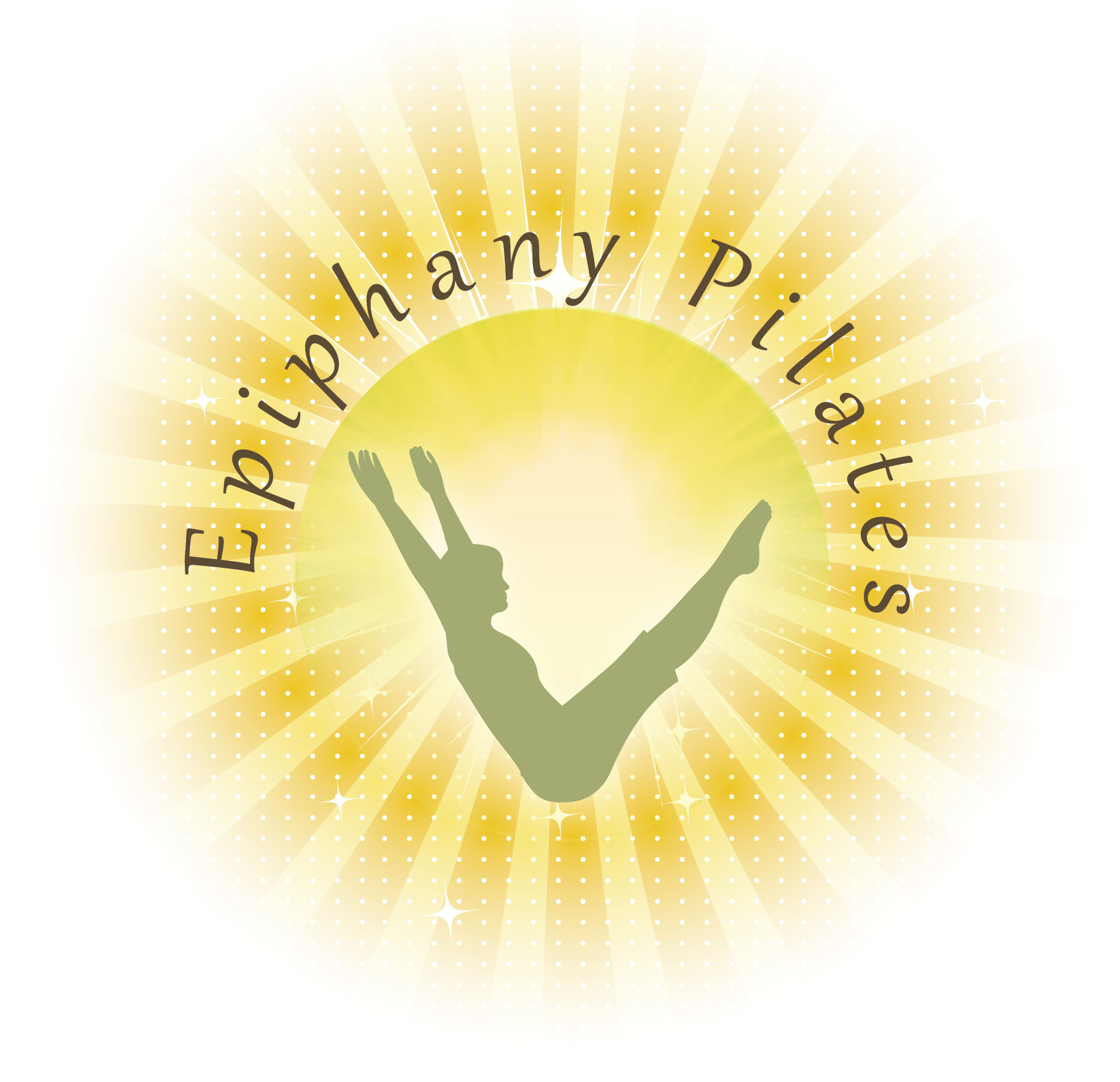New Ob-Gyn Guidelines Recommend Pilates During And After Pregnancy
The American College of Obstetricians and Gynecologists (ACOG), the nation's largest ob-gyn organization, released new exercise guidelines for women during and after pregnancy. The updated recommendations, released December 2015, emphasize that women with uncomplicated pregnancies should be encouraged to participate in regular strength conditioning exercises, such as our Prenatal Pilates, and aerobic activity, such as our BumpBarreTM, during and after pregnancy.
The ACOG further maintains in the new committee opinion that exercises for pregnant women should be properly modified due to the normal anatomic and physiologic changes and fetal requirements. In addition, a clinical evaluation should be conducted before pregnant women begin an exercise program.
There are minimal risks to regular physical activity during pregnancy and the benefits far out-weigh any risks. In fact, regular physical activity has been shown to help women improve or maintain their physical fitness during pregnancy, help with weight management, reduce the risk of gestational diabetes in obese women, prevent preeclampsia, decrease the likelihood of cesarean and operative vaginal delivery, and enhance psychologic well-being.
While some pregnant women should not exercise during pregnancy, including those with heart disease, lung disease, incompetent cervix, history of premature labor, placenta previa, ruptured membranes, preeclampsia, and severe anemia, the committee boldly declared that "bed rest is not effective for the prevention of preterm birth and should not be routinely recommended.”
Pregnant women with other complications such as Type 1 diabetes, hypertension, hyperthyroidism, seizure disorder, and intrauterine growth disorder as well as those who are obese or underweight can still exercise with restrictions and require a more specialized program. Individualized exercise routines, such as Private or Semi-Private Pilates sessions using the Reformer or other Pilates equipment, is recommended for these women.
During exercise, pregnant women should remain well-hydrated, wear loose-fitting comfortable clothes, and avoid high heat and humidity to prevent heat stress. In addition, pregnant women should avoid exercises that require long periods of lying flat on their backs and certain motionless yoga positions. Exercise should be stopped immediately if a pregnant woman begins to experience vaginal bleeding, regular painful contractions, amniotic fluid leakage, difficulty breathing, dizziness, headache, chest pain, muscle weakness affecting balance, or calf pain and/or swelling.
The ACOG also emphasized the importance of postnatal exercise especially since women’s level of participation in exercise programs usually declines after childbirth which can lead to weight gain and obesity. Nursing women can participate in regular exercise routines without fear of affecting milk production or infant growth. Fitness programs for new moms should include pelvic floor exercises such as those practiced in our Postnatal Pilates and Baby at the BarreTM classes.
Epiphany Pilates is proud to offer a comprehensive Prenatal and Postnatal Program that is fully inline with the recommendations of the ACOG. For additional information, visit www.epiphanypilates.com/prenatal-postnatal.

